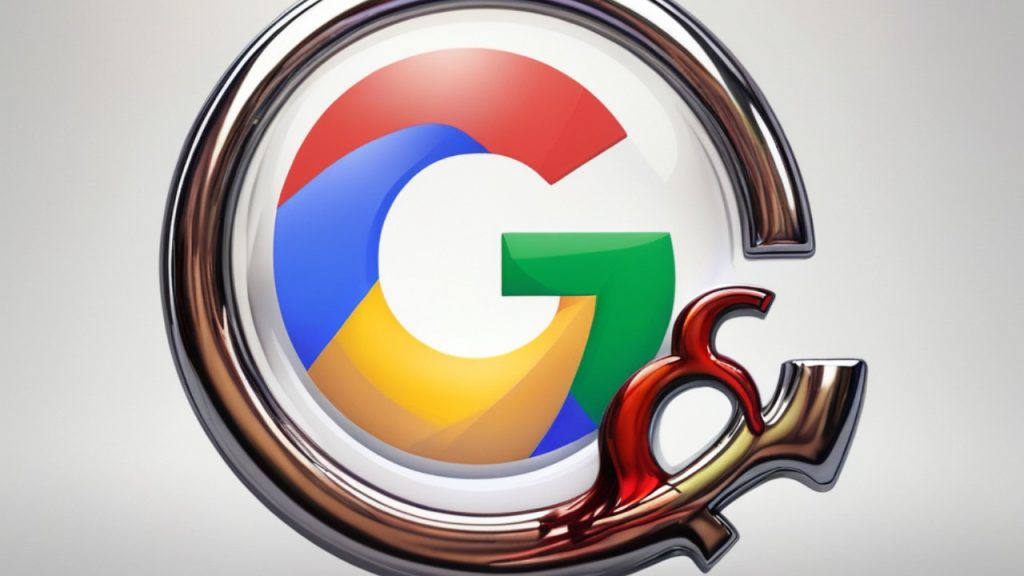Both privacy advocates and tech enthusiasts have taken notice of Google’s decision to again delay the phase-out of third-party cookies in its Chrome browser. There are concerns regarding the reasons behind the decision and its ramifications for digital advertising and online privacy in light of the fact that this decision represents the second postponement in the timeline for blocking these cookies. We look at Google’s rationale for the move and how it might affect the online environment in this piece.
The first statement made:
The tech industry was agog with speculation and discussion when Google first revealed in January 2020 that it planned to phase out third-party cookies in Chrome. In keeping with Google’s larger goal to improve user security and privacy while enabling tailored advertising experiences the decision was presented. Third-party cookies have long been controversial because of worries about user consent and data privacy. Third-party cookies are frequently used by advertisers to track users across different websites.

The Timetable That Was Scheduled:
Google first announced that third-party cookies in Chrome would be phased out by the end of 2022. This gave publishers and advertisers plenty of time to modify their approaches and technology. Google however made an announcement of a delay as the deadline drew near stating that additional time was required to handle the transitions complexity. In order to facilitate a seamless and responsible transition to alternative technologies Google promised to closely collaborate with industry stakeholders and a new deadline was established for mid-2023.
The most recent delay:
Google has now extended its timeframe for removing third-party cookies once more but it hasnt stated when. Google stressed the significance of properly executing the transition in its announcement which coincides with continuing conversations and input from industry partners. In order to address concerns and create workable solutions Google claims that the delay will give them more time to interact with regulators advertisers publishers and other stakeholders.

Causes of the Postponement:
Google may have decided to postpone Chromes third-party cookie blocking due to a number of factors.
Technical Challenges: Transitioning away from third-party cookies presents a number of intricate technical challenges such as making sure that the new solutions are compatible with the current advertising and measurement systems and that user privacy is prioritized without sacrificing the ability to target ads.
Industry Input: In order to get feedback and address concerns regarding the effects of blocking third-party cookies Google has been interacting with industry participants such as publishers advertisers and regulatory bodies. The companys attempts to take these suggestions into account and make sure the shift goes as smoothly and fairly as possible may be the reason for the most recent delay.
Regulation: Google’s decision might have been influenced by the way that laws pertaining to online advertising and data privacy are changing. Google might be being cautious in order to ensure compliance with current and future regulations as regulators from all over the world are closely examining the practices of tech giants and enacting stricter privacy regulations.
Effect on Online Advertising:
The impact on the digital advertising sector of the delay in enforcing the prohibition of third-party cookies is substantial. In order to get ready for the shift advertisers publishers and ad tech companies have been investigating different approaches to targeting and measuring like cohort-based targeting and privacy-preserving technologies. These initiatives could be hampered by Google’s uncertain timeline which would also present difficulties for stakeholders trying to prepare for a world without cookies.
In Conclusion:
The decision by Google to postpone disabling third-party cookies in Chrome highlights the challenges associated with making the shift to a digital ecosystem that is more privacy-focused. The postponement not only gives stakeholders more time to plan and work together to find solutions but it also increases the uncertainty about the direction that online advertising and data privacy will take in the future. The future is still unknown as Google works with industry partners and government agencies but one thing is certain: third-party cookies will eventually become less common and stakeholders will need to be adaptable and proactive in navigating the rapidly changing landscape of digital advertising and privacy regulations.



